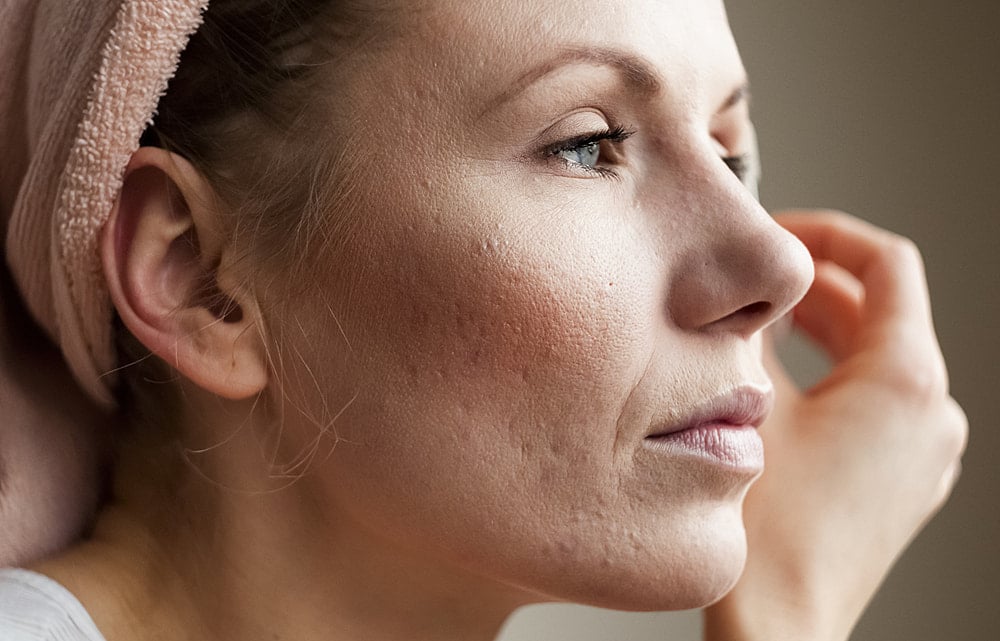
10 Lifestyle Habits That Could Be Causing Your Acne Breakouts
- May 24, 2022
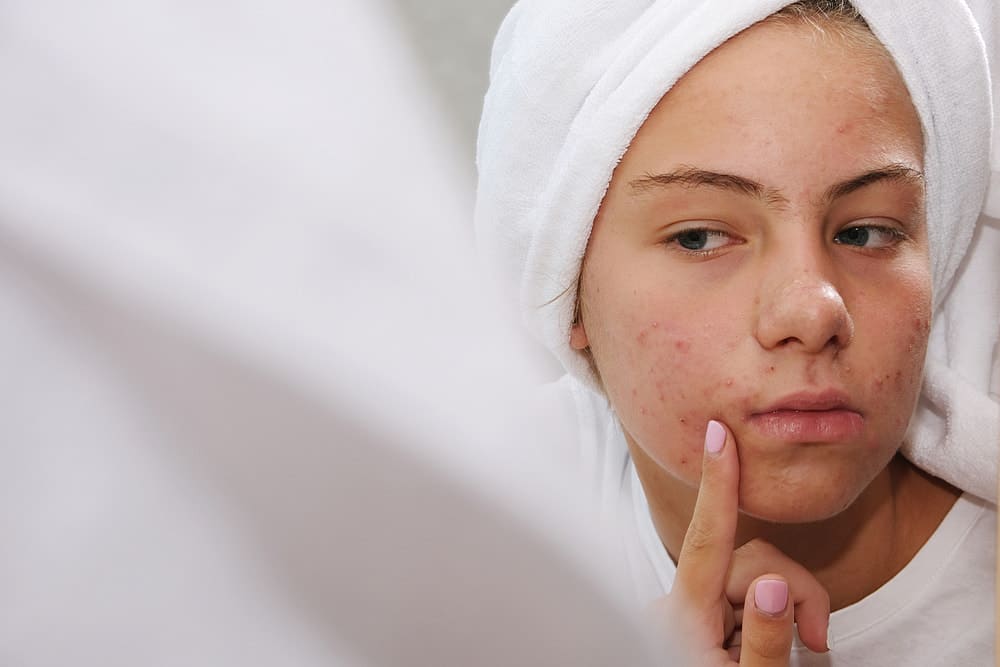

Acne is one of the most common skin conditions in the world, affecting about 85% of adolescents and young adults. The severity and frequency of acne breakouts can vary from person to person, ranging from mild to severe, to having a few breakouts or many breakouts every day.
The causes of acne breakouts are different for everyone, and it is important to know what could be causing yours so you can take steps to get rid of it. This article will list ten lifestyle habits that could be causing your acne breakouts, along with some acne treatments in Singapore that you can try.
You will find it challenging to treat your breakouts if you have acne-prone skin. Despite all you have done and tried, it still hinders your acne treatment process. Here are ten lifestyle habits that could be affecting your acne:
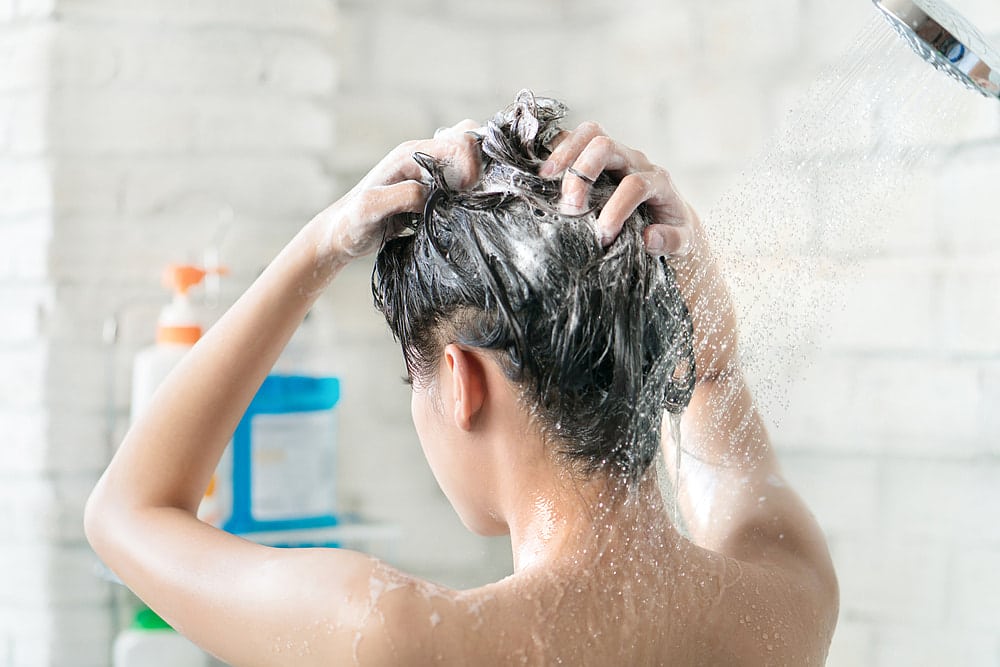
You might wonder how your hair products can cause acne breakouts. Well, if you don’t wash off your hair conditioner thoroughly during your shower, it can clog the pores on your skin. Be it on your hairline, back, or shoulder.
For instance, if you use an oil-based shampoo and conditioner for your hair, these products can remain on your skin throughout the day until the next time you shower.
What you can do to reduce the breakouts on your hairline, back, or shoulder is to wash from head to toe. This means shampooing and conditioning your hair before going through with a body wash, ensuring that all of your hair products are washed off. Don’t forget to clean the nape of your neck!
As much as many of us would prefer to stay in bed all day and never leave, if you don’t change your pillow case as often as possible, it might just be the reason for your acne problems.
When sleeping on your pillow, dead skin cells, oil and bacteria can build up on the pillowcase. Over time, these can grow and fester on your pillow, causing acne and breakouts to develop overnight.
Instead of letting these microorganisms grow on your pillow, you should wash your pillow case and sheets at least once a week. If possible, change into fresh sheets daily to ensure maximum hygiene practice. This will create an optimum healing environment for your skin to heal.
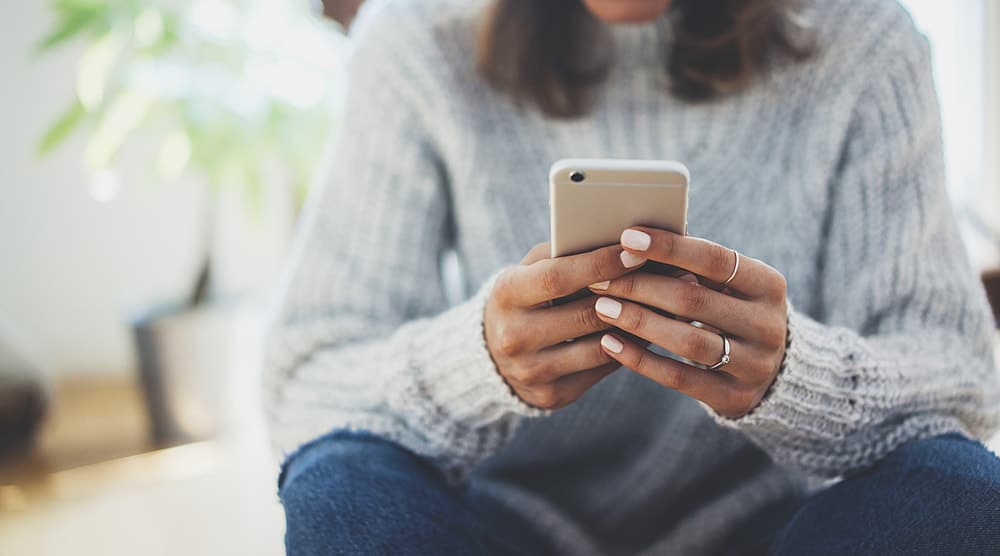
In this era of large screens, our phone screens can collect germs and bacteria from our hands and the environment. Not only that, but our phone is also in contact with various surfaces like the table or our friend’s hands.
For instance, when you hold your phone up, it comes into contact with your skin, allowing the germs or bacteria to transfer onto your face. Over time, this can lead to acne breakouts if you don’t clean your phone screen often.
To reduce the build-up of bacteria and germs on your phone screen and minimise the transfer onto your skin, it is best to clean your phone screen as often as possible. You can also avoid holding your phone close to your face. Use an earphone or hold it at an angle to reduce contact.
We know what it’s like to spend time putting on makeup and then removing them; it can be quite the hassle to remove them altogether. However, failure to completely remove your makeup at the end of the day will only result in acne breakouts.
This is because makeup residue can clog your pores and facilitate bacteria build-up, causing pimples to grow or acne. While there are various acne treatment in Singapore, prevention is better than cure.
One way to remove your makeup completely is to double cleanse your skin. Firstly, use an oil-based makeup remover to remove all your makeup and clean your pores. Secondly, use a suitable cleanser to remove any residue. This will ensure that your skin is clean without stripping off the natural oils.
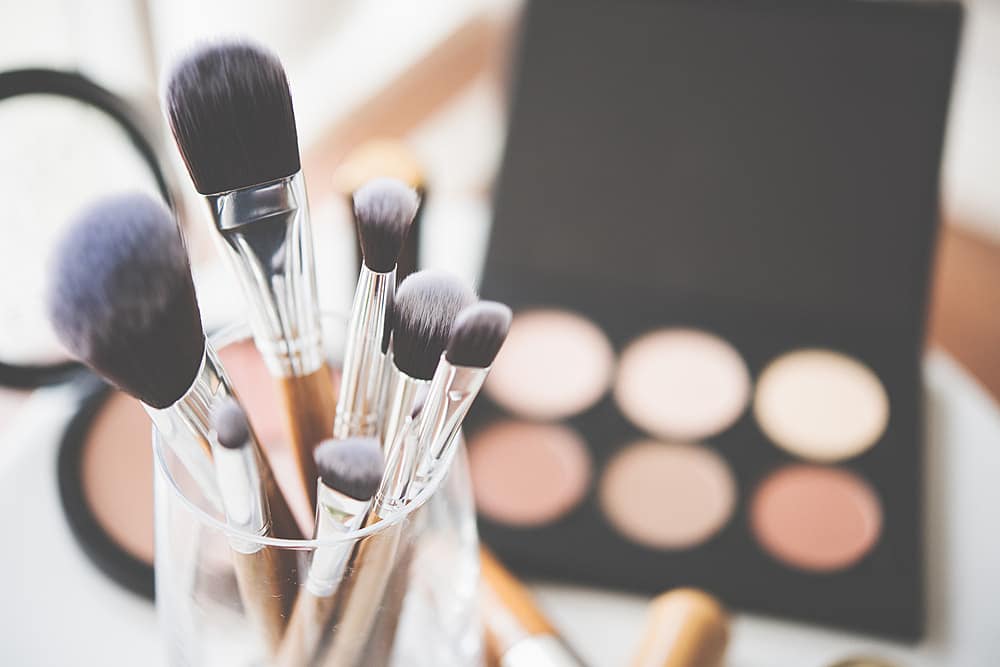
Not removing your makeup completely is one unacceptable habit if you want clear skin. Not cleaning your makeup tools is another way how your lifestyle could be causing your skin to develop acne.
You’re allowing bacteria to grow when you don’t clean your makeup tools regularly and constantly use them to put on your makeup. And every time you use these tools, you spread the bacteria over your skin and into your pores, causing breakouts.
The best way to prevent bacterial growth on your makeup tools is to wash them at least once a week, depending on how often you use them. If you are a makeup artist, try washing your makeup tools daily or after every use.
We all know that cleansing your face daily is a must to remove all the dirt on the skin. We also know that exfoliating is important to encourage the growth of new skin cells as the scrub works to shed dead skin cells.
However, over-exfoliating your skin can cause your face to become more vulnerable and sensitive to breakouts. This can occur as your skin is stripped of its natural oil and protective barriers.
To avoid the effects of over-exfoliating your skin, opt for a weekly exfoliation, especially if you have sensitive skin.
You might think that drinking a sufficient amount of water is enough to hydrate your skin. But water alone is not enough because your skin needs to adapt to various environmental conditions like the cold temperature in your office or the warm outdoors.
Besides, we tend to mistake oily skin for requiring less hydration. In fact, dehydrated skin produces more oils to keep the skin hydrated. However, it could clog your pores, causing more acne breakouts.
Thus, keeping your skin hydrated under different climates and conditions is important. For instance, if you have an oily skin type, use a water-based moisturiser to keep your skin hydrated, as it is easier to absorb and sit comfortably on your skin.
Living in a tropical country is nice and all, but it also requires you to be vigilant about protecting your skin from the sun. This is where sunscreens come in – to protect your skin from the excessive heat that’s causing your skin to produce more oil.
While it’s important to apply your sunscreen, you must also remember that leaving it on without washing it off can clog up your pores, leading to acne breakouts.
One way to prevent acne breakouts is to select a sunscreen that is oil free and non-comedogenic to ensure sun protection without pore-clogging properties. You also have to remove them completely at the end of the day to ensure the residues don’t build up.
Many of us are prone to not getting enough sleep because there is never enough time to do what we need/want to do. If you often stay up late rushing work or hanging out with friends, this will affect your skin’s repair process, leading to acne and breakouts.
Regardless of your skincare routine, getting enough sleep is still the best way to combat acne breakouts. After all, your body will get to work the moment you sleep, releasing hormones responsible for skin cell repairs.
Your liver also detoxifies itself while you sleep. If you are not at rest, your liver cannot begin this process, which is crucial in the upkeep of your skin health. This can lead to bodily stress, causing acne breakouts. So, you must get enough sleep!
Some people enjoy eating a lot more than others. While it is a good trait, eating a balanced and healthy diet is important because indulging too much in unhealthy food can lead to acne breakouts. In some cases, it can affect your complexion.
Among the foods that have been found to cause acne are foods that contain refined carbohydrates, refined sugars, dairy, and whey protein powder. Avoid these foods or minimise your intake if you want your skin to be acne-free. And make sure to eat foods that are suited to your skin’s needs.
If your skin is still breaking out, you can have your acne condition diagnosed by professionals. One of the solutions they may recommend is to opt for acne treatment in Singapore. You will undergo an assessment so that the doctor can understand your medical history, lifestyle habits, diet, and exercise.
After the assessment, you will be presented with various acne treatment options. This includes:
If you have mild acne, they can be treated with over-the-counter topical products like gels, soaps, creams, lotions containing resorcinol, benzoyl peroxide, salicylic acid, and azelaic acid. Depending on your acne condition, doctors may also prescribe stronger topical products.
This is a simple but effective way of targeting various factors that contribute to acne formation. It involves the application of a peeling agent in varying concentrations onto the affected area for a controlled amount of time. While generally safe, chemical peels should be administered by trained professionals for the treatment of acne as the benefits and complications can vary from person to person.
Light therapy works on mild to moderate acne, to reduce swelling and decrease the number of pimples in some people. It is usually combined with medicine for faster results. Some side effects include peeling, crusting, rash and dark patches of skin. People who are sensitive to light, on antibiotics, pregnant or have other underlying medical conditions should avoid this treatment. Check with your doctor if in doubt.
Treating acne with laser therapy is one of the popular options because it can be combined with other treatment methods to enhance the overall result. Some people may prefer treating their acne with laser therapy as they do not desire or are not able to use topical or systemic treatments. The science behind this is not strong due to lack of research. Many medical clinics find this useful to control active acne.
Because acne is largely caused by bacteria, oral antibiotics can be taken as an acne treatment. This is typically prescribed by the doctor to treat moderate severity of acne.
This FDA-approved drug provides long-term remission of acne symptoms in about two-thirds of people who take an adequate dosage. But, it comes with several side effects such as cheilitis, facial redness and dermatitis. Mood changes are a rare side effect that may be experienced by minority.
This is a type of steroid injection whereby the shots can be administered by a doctor for occasional use to treat a cyst or nodule. The injection can quickly reduce swelling and heal the lesion, thus helps to prevent scarring. Note that this is a quick fix for active acne but does not prevent future acne unlike the earlier treatment options.
If you are still looking for causes or acne treatment in Singapore, it’s best to consult a trained healthcare professional. Here at SL Aesthetic Clinic, we are happy to provide said guidance and address any further questions or concerns you may have, so contact us today for more information.
Like what you read? Share them!